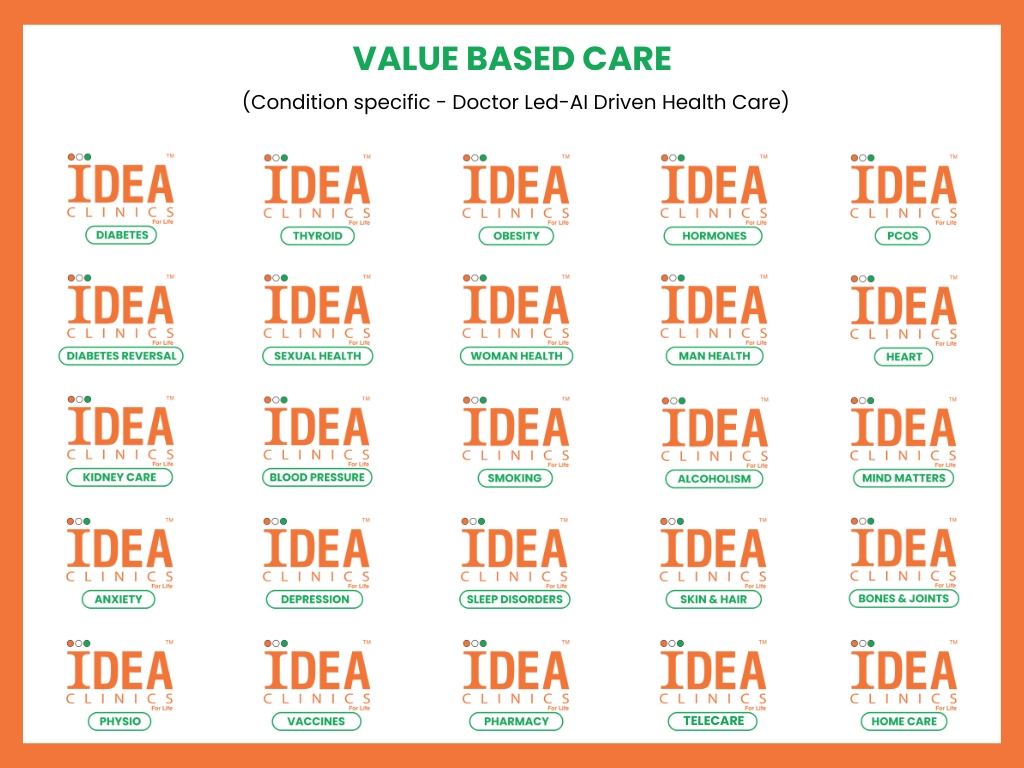Eating in the Absence of Hunger (EAH) refers to the consumption of food without the feeling of hunger, typically triggered by emotional or psychological factors rather than a physiological need for nourishment. EAH is a common behavior and can lead to weight gain and other health issues.
Reasons for EAH include:
- Boredom: Eating out of habit or to pass the time when not actually hungry.
- Stress: Using food as a means of coping with stress or emotional distress.
- Comfort: Eating to provide comfort or relief from negative emotions.
- Habits: Eating at certain times of the day regardless of hunger levels.
- Social pressure: Eating because others are eating or due to peer pressure.
EAH can have negative consequences such as weight gain, decreased self-esteem, and a decreased sense of control over food and eating habits. To combat EAH, individuals can try to identify and address the emotional or psychological triggers that lead to the behavior and adopt healthier coping mechanisms, like exercise or mindfulness practices. Additionally, individuals can practice mindful eating, paying attention to hunger and fullness cues, and making healthier food choices.
In conclusion, EAH is a common behavior that can lead to negative health outcomes. By understanding and addressing the underlying triggers, individuals can work towards healthier eating habits and a more positive relationship with food.




